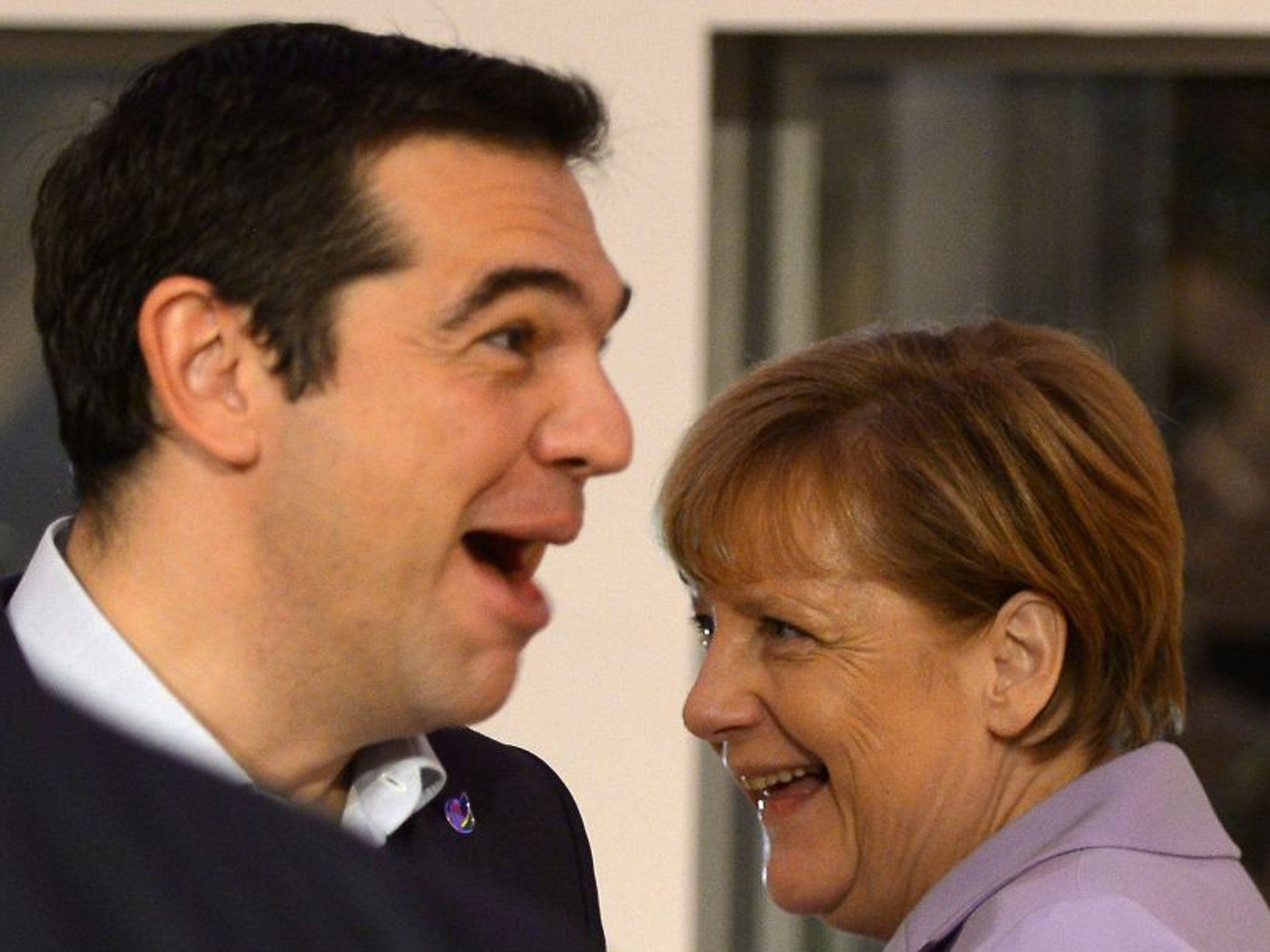How to invest your money in 2016
With so many imponderables in 2016 - a rate rise among them - you need to choose your investments with care. Rob Griffin canvasses the experts

These are testing times for investors. With relatively little value on offer within either equity or fixed-income markets, the challenge is to find the right combination of assets that can provide a decent return over the coming year.
Nick Samouilhan, a fund manager in the multi-asset team at Aviva Investors, said it's time everyone lowered their expectations. After five years of strong market returns, he believes the key to success over the coming 12 months will be choosing your investments with real care.
"People need to get used to returns being closer to 5 per cent," he said. "From a portfolio context, this environment means trying to calculate how to squeeze out the highest returns you can from what's available, such as being far more focused on different sectors and areas."
There is certainly no shortage of potential problems to be concerned about, with the impact of interest rates topping the list, according to Tom Stevenson, director for personal investing at Fidelity International.
"Our central case is that interest rates will remain lower for longer in a sluggish growth environment," he said. "Against that backdrop, there is no reason to believe that 2016 won't be another year of hard-won gains – but expect some air pockets along the way."
Chris Burvill, who runs the Henderson Cautious Managed fund, remains positive, pointing out that western consumers are benefiting from lower oil prices and the first signs of underlying real wage increases.
"The pace of improvement in the global economy has been painfully slow, but progress is being made," he said. "Both of our chief worries last year – UK politics and Greek debt discussions – have effectively been solved for now."
Although none of the big investment sectors or asset classes look particularly attractive at present, that doesn't mean they won't pick up in 2016, as they are often moved by sentiment, according to Patrick Connolly, a financial adviser with Chase de Vere.
"I have more than half of my money in global equities, but also have some in other asset classes such as fixed interest, property and absolute return funds – because I do have some concerns about where markets will go from here," he said.
Get a free fractional share worth up to £100.
Capital at risk.
Terms and conditions apply.
ADVERTISEMENT
Get a free fractional share worth up to £100.
Capital at risk.
Terms and conditions apply.
ADVERTISEMENT
Mr Connolly argued that it's risky to have too much exposure to any one area because there are considerable pros and cons with each one.
"Fixed-interest investments look expensive, and this asset class could be put under more pressure as interest rates start to rise," he said. "This could mean those holding fixed interest for protection in their portfolios could be taking more risk than they realise."
He suggested looking longer term. "I am currently putting some new money into emerging markets. I'm prepared for them to fall further, but believe they will bounce back at some point, and so investing regular premiums is a sensible way to invest," he said.
On the basis that quantitative easing has been good for equity markets, Darius McDermott, managing director of Chelsea Financial Services, said his favoured markets right now are European and Japanese equities. "Some emerging markets are cheap at the moment, but there are reasons for this. So unless you are a really risky investor, we think it's a bit early."
He suggested that any new money should be directed into absolute return funds, with his favoured areas being long/short equity funds, which are simpler to understand.
"Within long/short, my favourites are Henderson UK Absolute Return and Smith & Williamson Enterprise," he said.
As far as other alternative areas are concerned, Mr Samouilhan of Aviva Investors likes commercial property. Exposure can be achieved through property funds that specialise in buying up office, retail and industrial space.
"If you're in a low-return world, you want to be in something that has a decent yield and, if possible, some capital growth – and property fits that quite well, which makes it great to hold," he said.
Diversification is arguably important in any environment, and even more so now, according to Justin Modray, founder of Candid Financial Advice.
"Having a broad spread is sensible – so stock markets, corporate bonds, commercial property, and maybe some absolute return funds," he said. "If you've moved away from commodities in the past, it might be time to have a small exposure there in the hope of a recovery."
Join our commenting forum
Join thought-provoking conversations, follow other Independent readers and see their replies
Comments
Bookmark popover
Removed from bookmarks